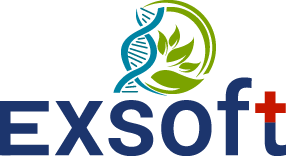
Pfizer Inc. and Eli Lilly & Co. recently announced that a paid drug being developed by both of them has shown promising results in a large clinical trial for treating osteoarthritis. Osteoarthritis, for the uninitiated, is a chronic condition that affects joints, occurring mostly in older people and almost 30 million U.S. adults are estimated to be suffering from the same.
Citing reliable sources, the safety results of the trial are expected to be particularly put under investor scrutiny. According to clinical trials conducted years ago, condition of individuals with osteoarthritis had worsened while taking this class of medication. For Pfizer and Eli Lilly’s drug, tanezumab, a similar concern and a related clinical hold had delayed development of the drug by several years.
Out of nearly 700 patients that were enrolled in the phase 3 trial, around 1.3% taking tanezumab exhibited rapidly progressive osteoarthritis, which was not observed in patients taking a placebo. Other joint problems were also seen in the two groups treated with tanezumab, with higher rates of people using the drug undergoing total joint replacement surgery, in comparison with the placebo group.
Pfizer’s clinical program development lead, Ken Verburg stated that both the companies are taking a cautious approach going forward. However, more data is still required, and the results of a large safety study are expected by next year, he mentioned.
Speaking about joint safety, Verburg said the companies are seeking an improved balance between placebo and tanezumab, as only in the tanezumab groups were the rapidly progressive osteoarthritis observed. Verburg insists that the numbers are still small, and the picture could have substantially changed due to one or two events from one group to another.
Experts say the trial results suggest that the drug has the potential to be a new alternative for addictive opioids, something that America is lacking even after facing opioid-addiction crisis for many years. The drug is expected to become a multibillion-dollar market prospect, if probable safety issues are addressed.

